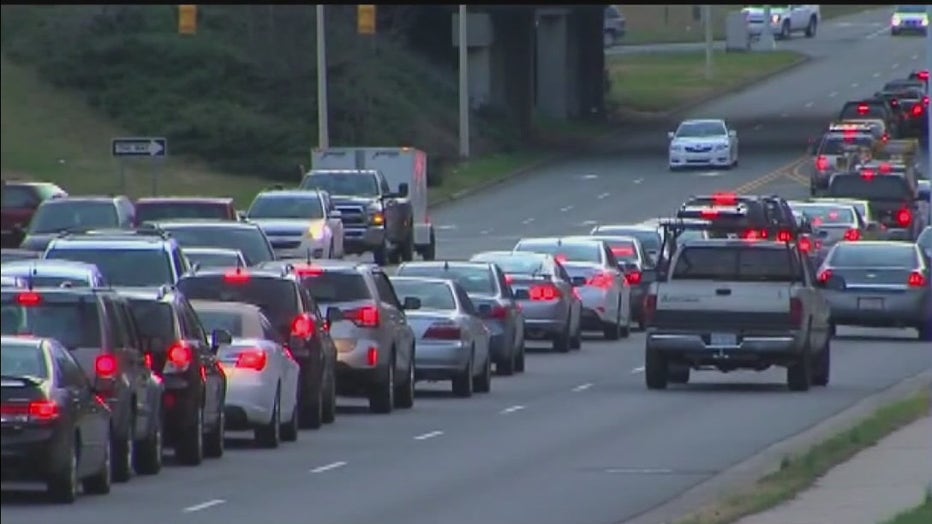Transportation officials recommend all new cars have alcohol detection systems
TAMPA, Fla. - A new car comes with all kinds of advanced technology, and the list could soon add alcohol detection.
A touch of your finger or just breathing may be the difference between your car letting you drive or not, taking in your blood alcohol level to see if you’ve been drinking.
"This technology has been available for a long time, and it wasn't put in cars," said Alex Otte, the national president of Mothers Against Drunk Driving (MADD).
On Tuesday, the National Transportation Safety Board recommended all new cars have alcohol detection systems to help prevent drunk driving crashes. That could have made a difference in Otte’s life.
READ: Typical monthly payment for a new vehicle hits record $743
"The man who ran me over had many prior DUI offenses on the roadway. Having this technology in his vehicle may have made it so number one, he could never drive his car drunk," said Otte, who explained that she was injured in a boating crash where the boater was impaired.
Otte said MADD has waited years for momentum, and she said she feels grateful.
"Honestly, you know, this is something that we have been working so hard for and so many victims and survivors have advocated for this and talked about this," said Otte.
MADD advocates, victims’ families and crash survivors convinced Congress to take action last year through the infrastructure law. It requires the National Highway Traffic Safety Administration (NHTSA) to make automakers install monitoring systems within three years.

"So something like this actually has the potential to even bring awareness to someone who might not think they're drunk but are really over the legal limit," said Melissa Valido, coalition leader of the Florida Teen Safe Driving Coalition.
MORE: 'These are real people': Traffic deaths hit 20-year high in first quarter of 2022
It could prevent life-changing moments for people hit by drunk drivers.
"I haven't been affected myself, but I have had two of my aunts were in drunk driving-related crashes. One was very severely injured and had to be in the hospital for a couple of weeks," said Ellen Snelling, chair of the Tampa Alcohol Coalition.
But, the NHSTA still has to make a move, choosing which technologies to use and developing a standard for new cars.
"I don't know how much it would cost to get this in every single car, but I think it would be well worth it," said Snelling.
NTSB said the detection system would be passive, so drivers wouldn’t have to do anything. The goal would be for the alcohol detection system to limit or prevent impaired driving.
"We're not going to know how many people could be prevented from doing something foolish behind the wheel until something like this is enacted," said Valido.
The NHTSA has three years to come up with rules to be in all new cars by 2027. It’s also possible the agency can ask for an extension. It will take years for the technology to grow in high numbers with the sales of new cars and be present in most of the millions of cars on the roads.


